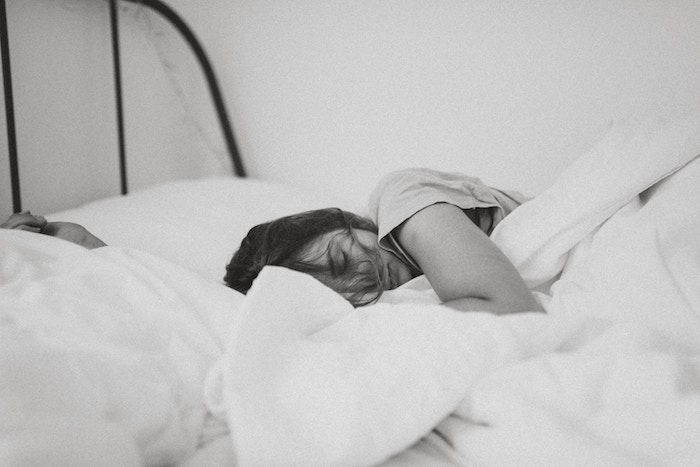There’s no reason to feel guilty about calling in sick. A short break from work when you really need it is an essential part of good self-care
If you’ve ever taken a day off work sick, then you’ll know that it often comes accompanied by pangs of guilt. Many of us feel terrible for even considering calling in ill, so we soldier on for weeks before finally admitting defeat through sheer exhaustion, and we are forcibly put to bed by a loved one.
Taking a day off in the name of self-care is nothing to feel guilty about. In fact, it’s actually rather savvy to take time off to address any mental health concerns before they escalate. You wouldn’t begrudge someone a day off to recover from a tummy bug or virus, so why should mental illnesses have a different set of rules?

Statistics show that nearly 15% of people experience mental health problems in the workplace, so you’re not alone if you struggle to balance life and work. Sick days are a normal response to such problems, and evidence suggests that nearly 13% of all sickness absence days in the UK can be attributed to mental health conditions.
So what can be done to help? We’re often told that self-care should be a top priority, but self-care can mean a lot of different things to different people, depending on their situation. Luckily one of the simplest things to do is to take a mental health day when you need it. Here are four good reasons why you shouldn’t feel guilty about it:
It works
Long-term mental health issues need professional attention, but if you’re just feeling generally tired, overwhelmed and emotionally drained, then a day off to recharge will undoubtedly do you good. Time away from your desk will give you time to breathe, rest, reflect – and sometimes come up with a new solution for any issues you’re having. Have you ever had that “Aha!” moment about a problem when you’re doing something completely unrelated, like vacuuming behind the sofa or taking a shower? That’s exactly why mental space is important.
Rest is key
Lack of sleep can be a major cause of stress on the body, and chronic sleep disruptions set the stage for negative thinking, depression, anxiety, and emotional vulnerability. If you know your mind isn’t working properly due to lack of sleep, then you shouldn’t feel bad about taking a day off to catch up on some much-needed shut-eye. It’s generally believed that a good night’s sleep helps foster both mental and emotional resilience. Once you’re back into a healthy routine, you should see your emotions start to regulate.

Not all stress is ‘normal’
Are you getting emotional at the thought of your overflowing laundry basket, or the overdue bills waiting to be paid? Sometimes, daily tasks can seem daunting to the point where we feel teary, anxious, or frustrated. If this is happening regularly, then it’s likely that you are suffering from stress. If you let it carry on, the damage can be much harder to undo. Take a day off to get things in order and you’ll feel like a huge weight has been lifted from your shoulders.
Remember, self-care also includes seeking help, so don’t feel guilty about asking a friend or family member to assist you with this.
It’s not a holiday
It’s important to acknowledge that your paid holiday allowance is there for you to go travelling, see family, or do up your spare room; not for when you’re too sick to work. Don’t fall into the trap of seeing sick days as a luxury. They’re an essential tool for healing, and a key part of self-care which shouldn’t be overlooked. Remember that your colleagues will cope without you, and that a sick day might actually benefit your overall work performance in the long run.
Visit Counselling Directory to learn more about mental health and how counselling can be a vital part of self-care.


Comments